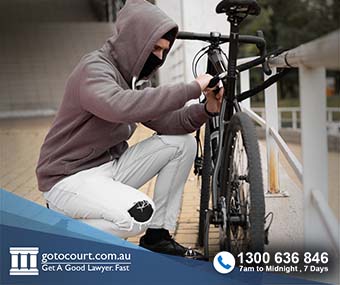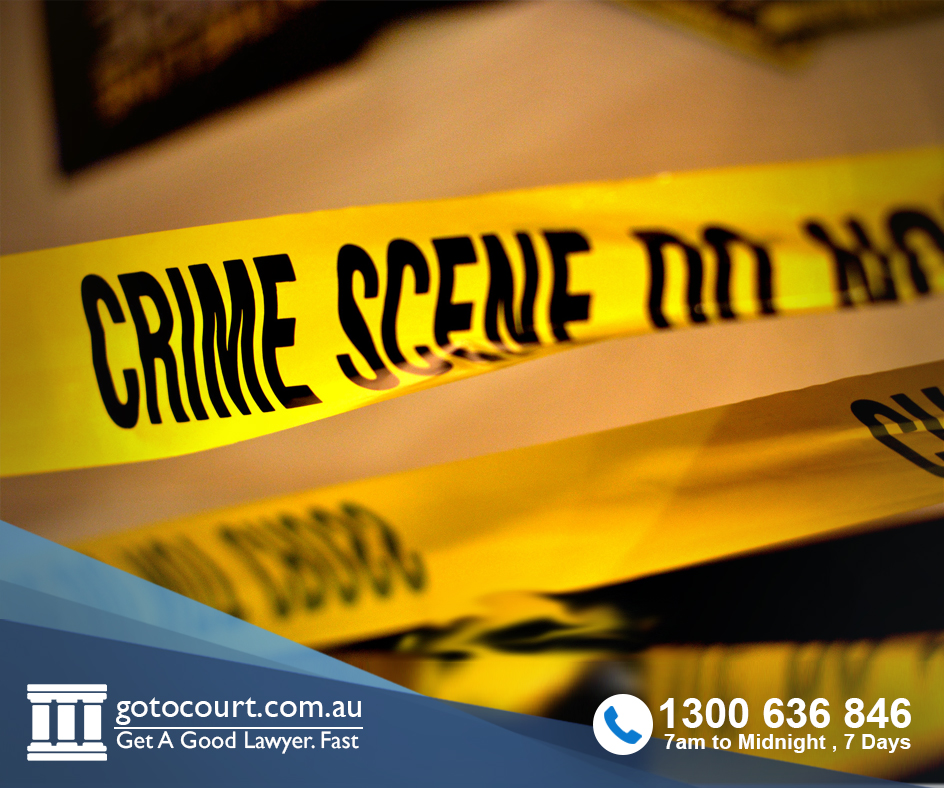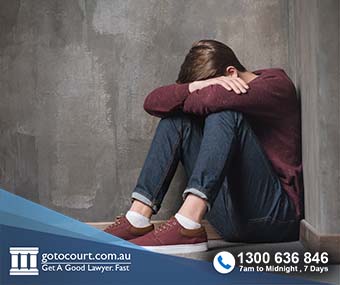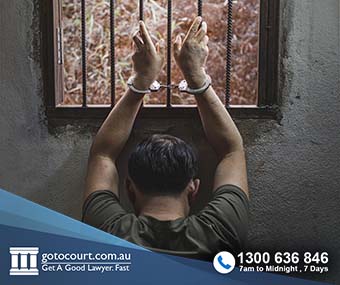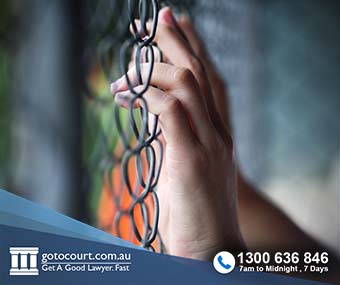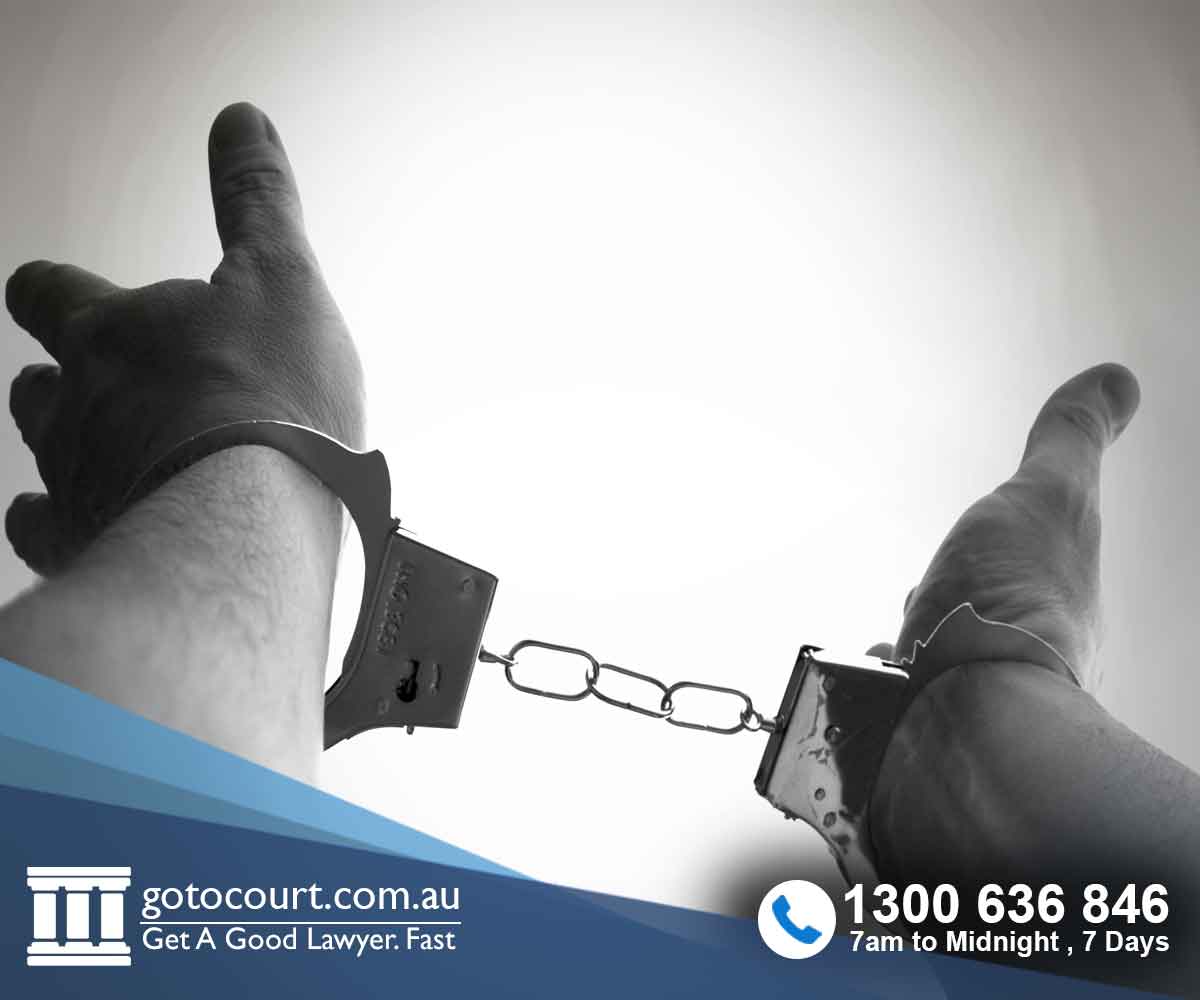Call our lawyers
now
or,
have our lawyers
call you
Assault Offences in the Northern Territory
Updated on Jan 06, 2023 • 5 min read • 360 views • Copy Link
Assault Offences in the Northern Territory
Section 187 of the Northern Territory Criminal Code Act (CC) defines “assault” as: the direct or indirect application of force to a person without their consent, for example touching or striking someone. It also includes an attempt or threatened use of such force, for example, threats of violence if those threats put the victim in fear of immediate physical harm. Assault does not necessarily require the infliction of serious injury or of any injury to a person.
Section 188 (1) of the CC states that: “Any person who unlawfully assaults another is guilty of an offence and, if no greater punishment is provided, is liable to imprisonment for one year.”
As mentioned above, a wide variety of conduct can constitute an assault and this conduct does not necessarily have to be physical, it may include for example, threatening gestures, such as the use of fake toy guns where the victim perceives them to be real, and non-face-to-face threatened assault which may occur through mediums such as telephone, text message, e-mail, in writing or through social media.
Aggravated assault
Section 188 (2) of the CC defines aggravated assault as assault that involves aggravating circumstances such as: an assault by a male on a female; where the victim suffers harm; the assault is of an indecent nature; or where an offensive weapon is used. Harm in this context could include, for example, bruising, cuts or lacerations, scratches or even knife wounds. This list is not exhaustive.
Maximum Penalty – Common Assault and Aggravated Assault
Section 188 of the CC provides that the maximum penalty for common assault is 1 year imprisonment.
If a person is charged with aggravated assault, the maximum term of imprisonment increases to 14 years as per section 181 of the CC which states that a person who unlawfully causes serious harm to another is guilty of a crime and is liable to imprisonment up to 14 years.
Assaults on workers
Under section 188A (1) of the CC, a person who unlawfully assaults a worker who is working in the performance of their duties is guilty of a crime. Under subsection (2), if the victim suffers harm and if the perpetrator is found guilty on indictment, the maximum penalty for the offence is imprisonment for 7 years; or if the person is found guilty summarily, maximum imprisonment for 3 years. However, if the victim does not suffer harm, maximum imprisonment reduces to 5 and 2 years respectively.
Section 188A(3) provides that a person is a worker for this section if he or she carries out employment related activities in any lawful capacity, including work as either an employee, contractor, subcontractor, apprentice, trainee or a student gaining work experience
Possible Defences under NT Law – Common Assault and Aggravated Assault
There are numerous defences available for assault. The most common defence applied is justification under section 27 of the CC. This section provides that application of force is justified provided it is not unnecessary force and it is not intended or likely to cause death or serious harm. For example, preventing a riot (subsection (d)), preventing the commission of an offence (subsection (e)), and, in the case of a parent or guardian of a child, or a person in the place of such parent or guardian, to discipline, manage or control such child (subsection (p)).
Section 28 of the CC goes on further to provide circumstances in which force causing death or serious harm is justified. For example, in the case of a police officer, or a person acting by the police officer’s authority, such force is justified when attempting to prevent a person committing or continuing the commission of an offence which is of such a nature as to cause the person using the force reasonable apprehension that death or serious harm to another will result (subsection (e)).
Another defence, under section 29 of the CC, is defensive conduct. This section states that a person may engage in defensive conduct if that person believes it is necessary to:
- defend himself or another person
- prevent or terminate the unlawful deprivation of one’s liberty
- protect one’s possessions from unlawful appropriation, destruction or damage
- prevent trespass on land or premises occupied by or under control of a person and to remove a trespasser from land.
The conduct is a reasonable response if, in the circumstances, the person acted in a way that any reasonable person would.
Another defence available is unwilled act or accident under section 31 of the CC. For example, person A is waving a stick around while standing in close proximity to a few people. Person B trips over and falls into A pushing A’s arm against person C. As a result, the stick being held by A connects with C’s arm. C develops bruising and A is charged with assault.
If you believe you may have a defence under the CC please contact one of our lawyers to discuss further
Lack of capacity of children
Under section 43AP of the CC, a child under 10 years old is not criminally responsible for an offence. Section 43AQ also provides that children over 10 but under 14 years old can only be criminally responsible for an offence if the child knows that his or her conduct was wrong. The question as to whether a child knows that his or her conduct was wrong is one of fact and the burden of proving this rests upon the prosecution.
Watch the video below to know more about the Assault Charges in Australia:

Affordable Lawyers
Our Go To Court Lawyers will assist you in all areas of law. We specialise in providing legal advice urgently – at the time when you need it most. If you need a lawyer right now, today, we can help you – no matter where you are in Australia.How It Works







1. You speak directly to a lawyer
When you call the Go To Court Legal Hotline, you will be connected directly to a lawyer, every time.


2. Get your legal situation assessed
We determine the best way forward in your legal matter, free of charge. If you want to go ahead and book a face-to-face appointment, we will connect you with a specialist in your local area.


3. We arrange everything as needed
If you want to go ahead and book a fact-to-face appointment, we will connect you with a specialist in your local area no matter where you are and even at very short notice.

